Samsung Galaxy S24 Ultra's 5x zoom camera is not the disaster I thought it would be
Less zoom, more quality
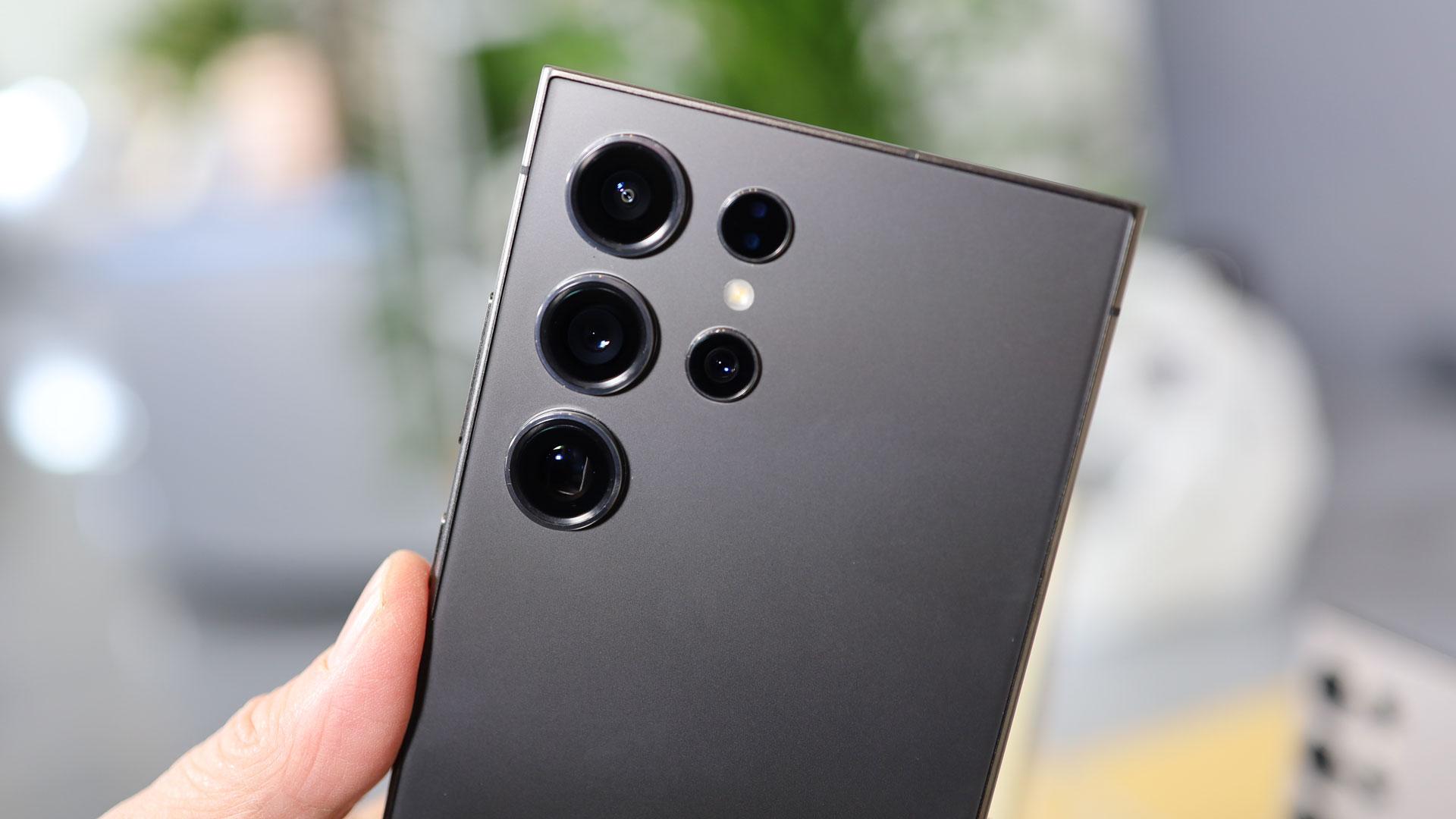
Sign up for breaking news, reviews, opinion, top tech deals, and more.
You are now subscribed
Your newsletter sign-up was successful
The grumbling you heard was me upon learning that Samsung planned to cut the optical zoom on its flagship Android phone, the Samsung Galaxy S24 Ultra, from the 10x optical it had been on the S23 Ultra to just 5x optical zoom. My favorite Galaxy feature was gone and I could not understand why.
Now that the Galaxy S24 line has launched and I even had a little hands-on time with the titanium-rich Samsung Galaxy S24 Ultra, I'm ready to reassess my crankiness and consider that maybe – just maybe – Samsung did the right thing.
Squeezing 10x optical zoom inside a 7.6mm thick smartphone is not easy. Samsung has to employ periscope technology to turn the light from the lens 90 degrees and send it down through the body to a waiting sensor. That takes experience, innovation, and space. 5x zoom, which is becoming the standard across most flagship phones, might be the limit of what you can do optically without periscope technology.
While I've recently reevaluated my initial excitement over Samsung's 100X Space Zoom (too much AI artistry for my taste), nothing could cool my enthusiasm for pure, Galaxy S23 Ultra 10x optical zoomed imagery. In practice, this put me twice as close to the action as, for instance, the iPhone 15 Pro Max's 5x zoom camera. I loved using the S23 at concerts when I had nosebleed seats and especially when I had decent seats and wanted pro-level shots of The Boss bounding across the stage.
In a direct comparison, Apple outdid Samsung on the zoom megapixel front. The Samsung Galaxy S23 Ultra's top zoom camera was backed by a 10MP sensor. The iPhone 15 Pro Max 5x zoom has a 12MP camera. Still, that megapixel difference never put the best iPhone ahead of the best Samsung Phone, at least in the telephoto race.
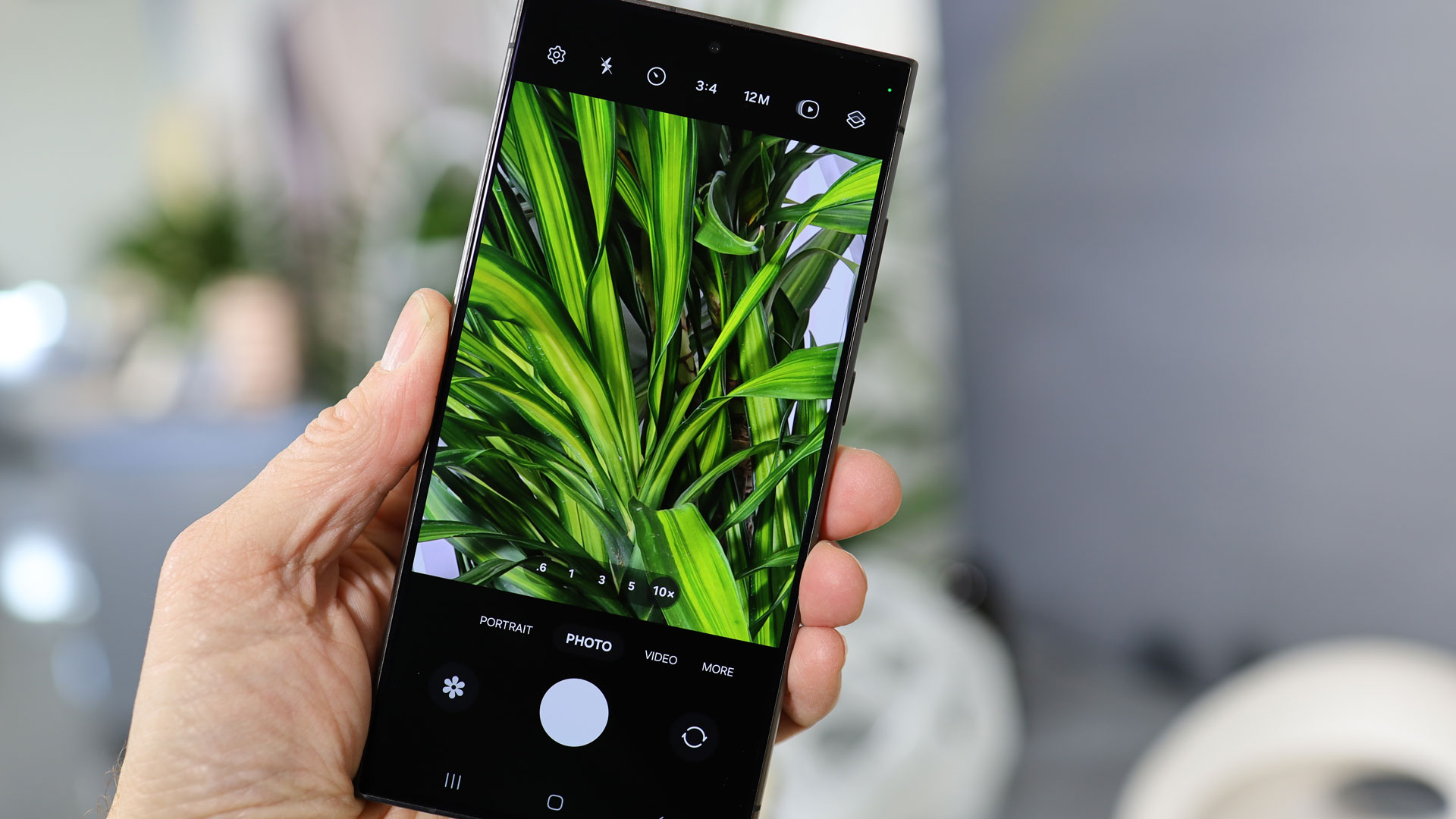
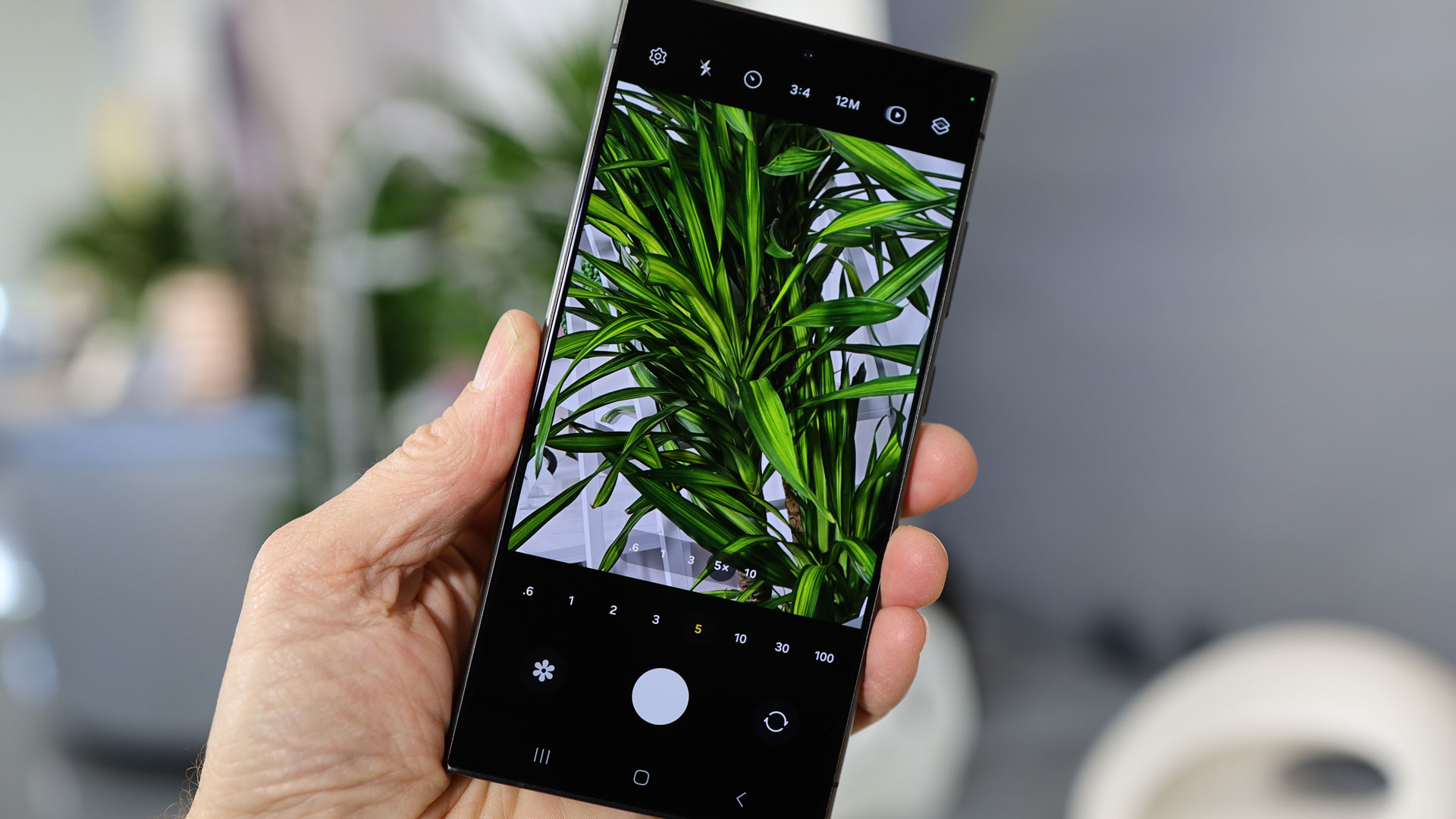
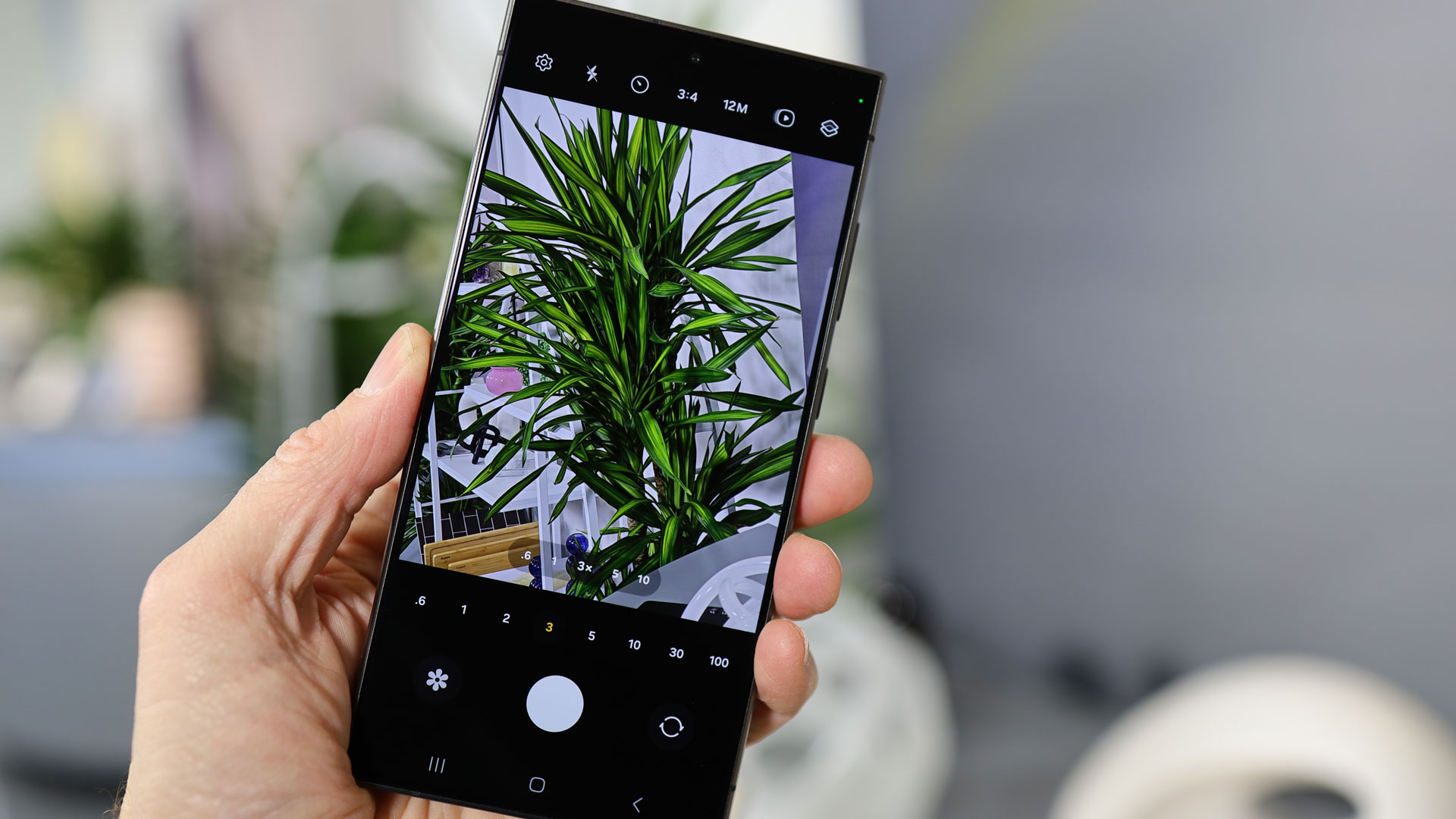
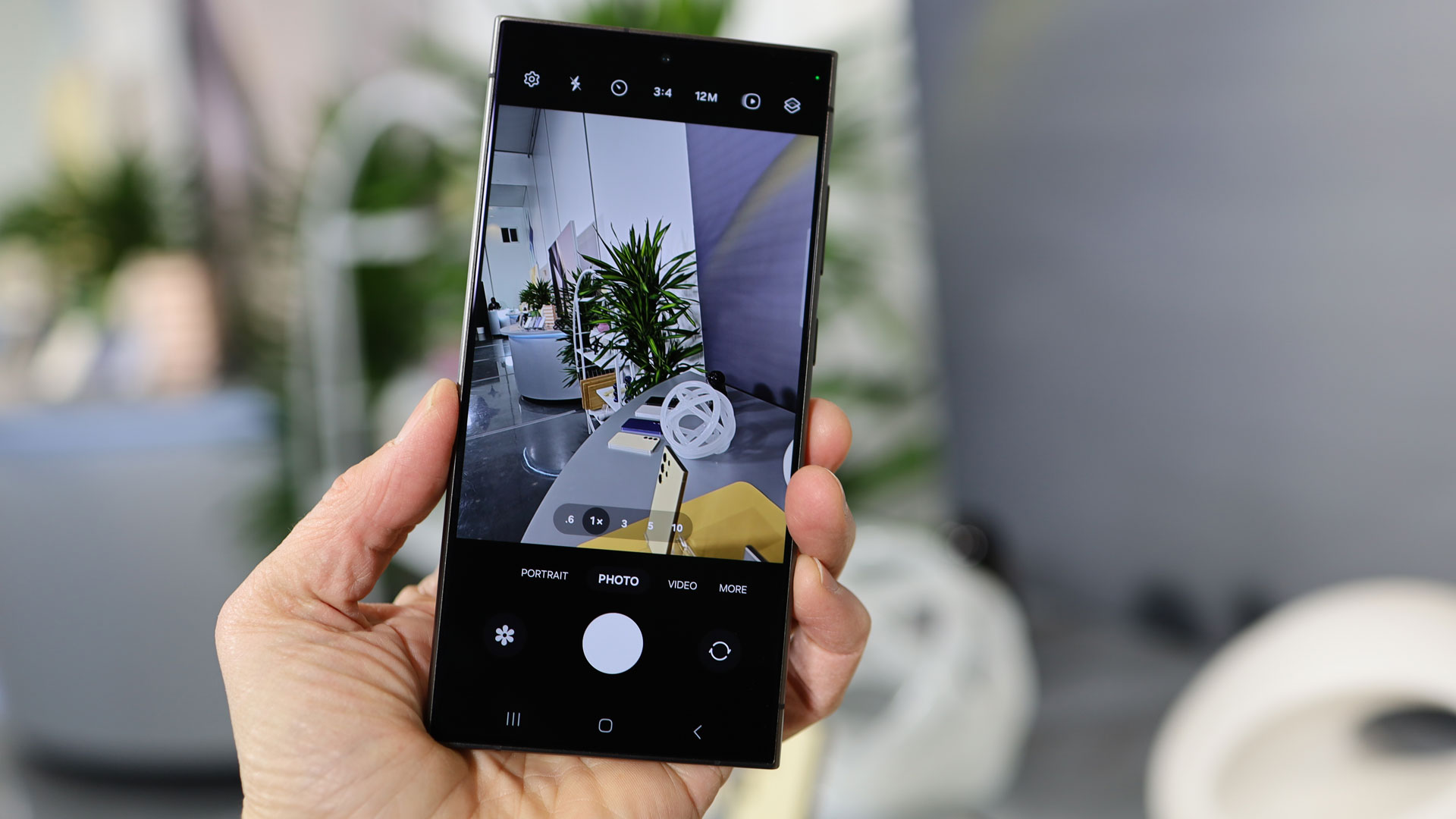
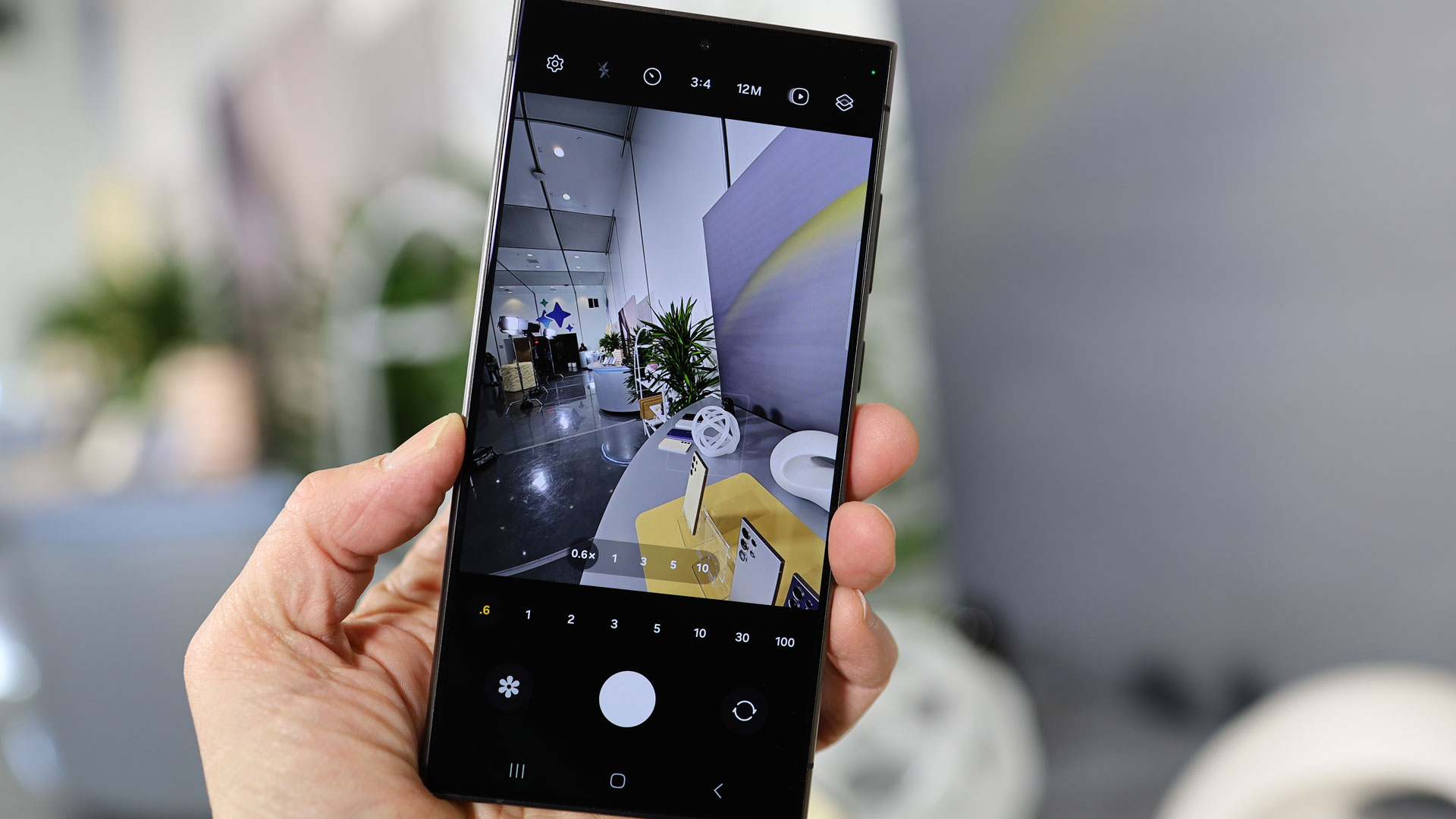
Now, the iPhone 15 Pro Max and Samsung Galaxy S24 Ultra will have parity on the telephoto zoom front. Two 5x zoom cameras, no periscope necessary. Samsung, though, made a rather significant choice that, even in my brief hands-on, made me realize that Samsung might still pull ahead in the zoom front.
Backing the Samsung Galaxy S24 Ultra's 5x zoom camera is a giant 50MP sensor. That's a whole lot of pixels and far more than you'll get with Apple's best zoom. More interestingly, Samsung is still claiming its S24 Ultra has 10x zoom. It's right there in the camera app after 5x (see the gallery above). Can't say I'm thrilled that Samsung makes no distinction between optical and digitally-assisted zoom in the app.
Sign up for breaking news, reviews, opinion, top tech deals, and more.
So what's going on here? Well, Samsung is using a fairly common trick. While its 5x optical zoom might bin the 50MP of pixels down to a 12MP shot, its 10x zoom looks at the entire 50MP frame and selects 12MP in the center for a full-resolution "zoom" image.
I've heard critics say that while Samsung offered us 10x optical zoom on the S23 Ultra, the low megapixel count meant that the overall image quality was sub-par and possibly even muddy (it's true that the images did not withstand much pinch and zooming). Now, we get more megapixels from a new sensor that could result in a better, final "10x zoom" product.
I will always favor true 10x optical zoom over anything digital, but I also get the intention here, and in my brief interaction with the Samsung Galaxy S24 Ultra, I started to see how this managed 10x zoom might not be as awful as I thought.
I can't quit you, 10x
Look, I still want smartphone companies like Apple, Samsung, and Google, to break the 5x optical zoom barrier and do it with as many pixels as possible but I also understand the tradeoff necessary to make that possible.
In a regular camera, the only way to achieve zoom is ever larger and longer lenses. A zoom needs distance from the glass lens to the sensor and space to draw enough light into that space. Our flat slab phones are not designed to support that. For Samsung and Apple, it will always be a tradeoff. If you do squeeze the necessary periscope inside a phone, you might be giving up a tiny bit of battery or maybe Samsung wouldn't have been able to include the Galaxy S24 Ultra's much larger vapor chamber, something that will keep the phone running cooler, more efficiently, and maybe longer.
It's early days with the Samsung Galaxy S24 Ultra. I'm still not happy that Samsung dropped the 10x optical zoom but I can, I think, accept this optical/digital/sensor compromise. Will my Samsung Galaxy S24 Ultra 10x photos be as good as the ones I captured with the Galaxy S23 Ultra? They might be better. They might also be a little worse.
I'll reserve final judgment but I think Samsung may have a point here.
You might also like
- Samsung Galaxy S24: latest news, rumors and everything we know ...
- Samsung Galaxy Unpacked – live reports from the Galaxy S24 ...
- Samsung Galaxy S24 preorders: how to reserve a device and when ...
- Samsung Galaxy S24 colors: every rumored shade, including those ...
- Samsung Galaxy S24 deals: early reservations now live plus what to ...

A 38-year industry veteran and award-winning journalist, Lance has covered technology since PCs were the size of suitcases and “on line” meant “waiting.” He’s a former Lifewire Editor-in-Chief, Mashable Editor-in-Chief, and, before that, Editor in Chief of PCMag.com and Senior Vice President of Content for Ziff Davis, Inc. He also wrote a popular, weekly tech column for Medium called The Upgrade.
Lance Ulanoff makes frequent appearances on national, international, and local news programs including Live with Kelly and Mark, the Today Show, Good Morning America, CNBC, CNN, and the BBC.